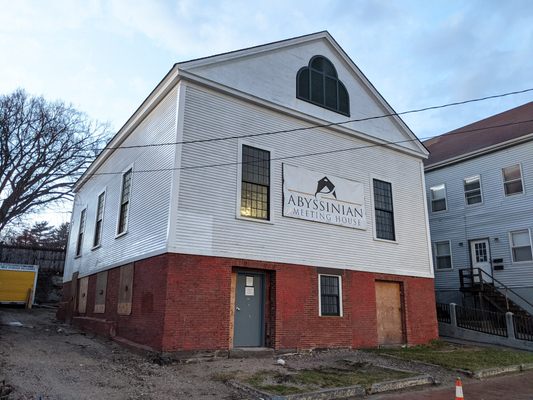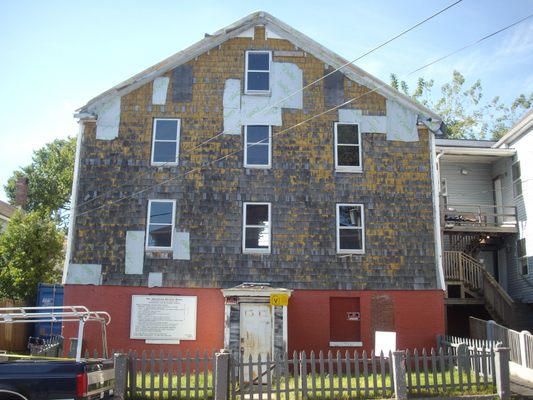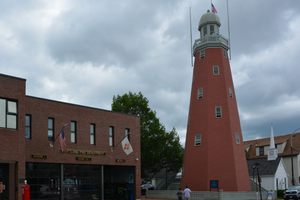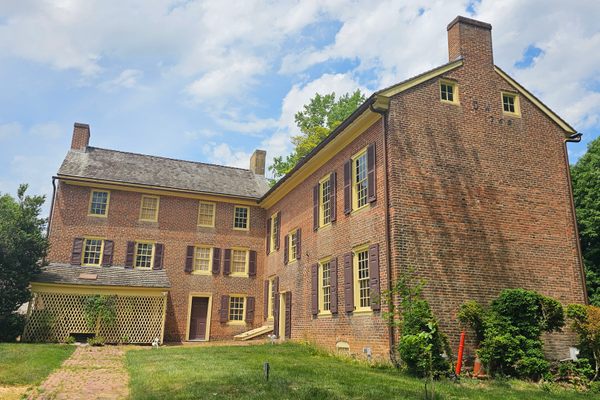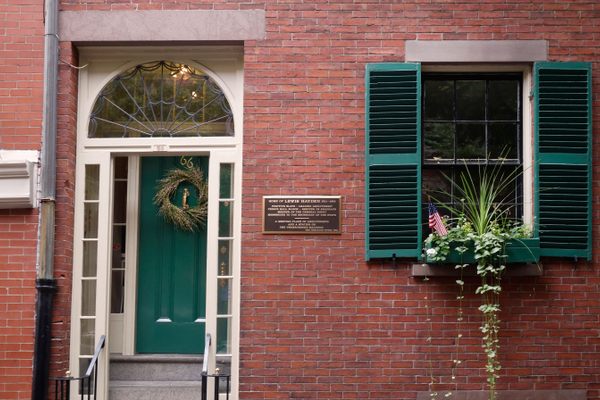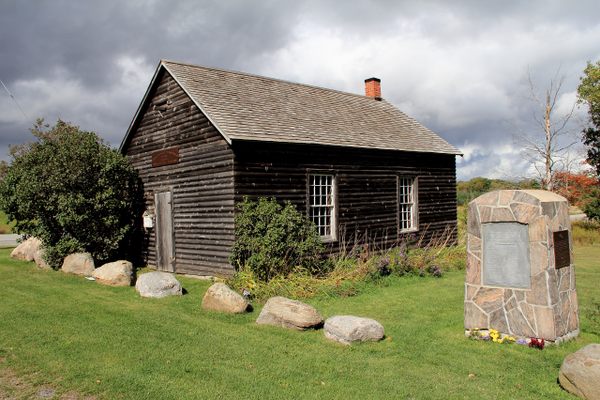About
When the Fugitive Slave Act of 1850 permitted slave owners in the south to track and re-enslave those who had escaped, the members and leaders of the Abyssinian Meeting House in Portland, Maine, took action.
Built as a place of worship in 1898, the Abyssinian Meeting House, located at 73 Newbury Street, became an active center for hiding, protecting, and transporting runaway slaves to safety. The city’s proximity to rail and sea routes to Canada made it one of the northernmost hubs of activity.
Over the years, the meeting house hosted notable formerly enslaved people, leaders of the Underground Railroad, staunch antislavery advocates, and more. They came for worship services, dinners, community gatherings, and concerts. The meeting house also served as a segregated school.
Today, it’s celebrated as the third-oldest standing African American meeting house in the country and undergoing an extensive restoration.
As a meeting house, it closed in 1917 and, by 1924, was transformed into tenement housing. When taxes on the building routinely went unpaid, the City of Portland took ownership and the meeting house sat vacant, falling into disrepair, for decades.
In 1998, the City of Portland, Maine Historic Preservation Commission, and more joined forces for a bold restoration effort. In 2006, the meeting house was designated a National Register of Historic Places and, a year later, it was honored as Maine’s first National Underground Railroad Network to Freedom site under the National Park Service.
Guided tours, special exhibits, and events aim to educate visitors about the rich and important legacy the meeting house had on African American culture in Maine and the wider U.S.
Related Tags
Know Before You Go
The meeting house is still under renovation, in need of significant funding. Call 207-232-5300 for information about tours and events.
Community Contributors
Added By
Published
September 27, 2024
